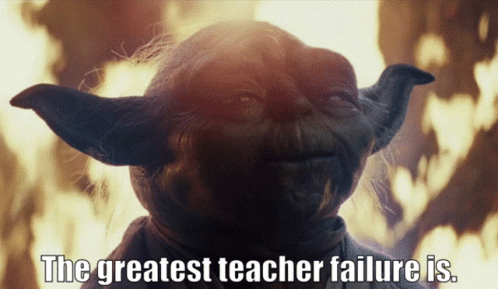In the late summer of 2019, I contacted a member of our official forum via direct message to clarify some points of confusion in a recent comment thread. Our conversation was mostly productive, but I felt something was missing that couldn’t be effectively communicated online. So, I invited him to meet at a local coffee shop, which made all the difference. Travis Babcock is now one of our Official Forum Moderators and a Utah Filmmakers™ Associate.
One of the topics we discussed was the importance of mentorship for training new filmmakers. At the time, Facebook had implemented a mentorship feature that we enabled for the Utah Filmmakers™ group, and several members, including Travis, were able to get some productive use out of it.
While Facebook offered few tools for moderators to determine who was and was not qualified to effectively mentor novice filmmakers into the industry, Travis and I decided it could still serve as a pilot program for something more formal and organized. This included defining standards and a vetting process. One of the standards Travis recommended is part of our UFA™ Core Values:
Integrity
I asked Travis, “How does one assess a person’s integrity?”
His answer: “A willingness to own one’s mistakes.”
“I’ve made many mistakes,” Travis continued, “but I always owned them, learned from them, and rarely made the same mistake twice. This doesn’t mean that I don’t still make mistakes—because I do—but the ones I make now are much smaller than those I made when I was starting out.”
What I found especially appealing about this simple truth is that one can apply it anywhere: professionally and personally, in one’s work, art, and even in one’s relationships—be they social or in business.
As a filmmaker, every production presents new creative and technical challenges and opportunities to learn—opportunities that usually come in the form of mistakes made. Some mistakes just need a quick adjustment and a second take. Others can be “fixed in post.” Some can cost a shot, a scene, or even a production day. Sometimes, there is no fix, and what may have seemed like only a setback is the first sign of a complete failure.
As a member of the Utah Filmmakers™ group—especially in my role as an Administrator—I’ve made mistakes and tried my best to own them, rectify them, commit to learning from them, and—most importantly—be transparent about them.
The conversation between Travis and myself informed the creation of a mentorship program intended to go beyond what was offered in our Facebook group. Additional advice was sought, other tools researched, and a detailed proposal was written. The program was then presented to the Utah Film Commission, who agreed to help us with our vetting process—with a particular focus on the importance of integrity.
In 2021, the Utah Filmmakers™ Association received a modest grant to help promote this new program to attract mentors in the film industry and mentees committed to learning. We reached out to the local media and other nonprofit organizations. I made a couple of television appearances and radio interviews. Applications for potential mentors and mentees came in, many were selected, but a few were not. Mentors were assigned their mentees and provided with tools to help them facilitate their journeys.
I wish I could say that the program was a success and continues to meet its objectives, but being true to our organization’s core values of Professionalism, Integrity, and Respect, requires acknowledgment that it went nowhere. It was, for all practical purposes, a failed experiment. I wouldn’t call it a “spectacular” failure. It was pretty quiet and unremarkable—but no less of a disappointing experience, which reminds me of an important truth:
So, what did we learn from this failure?
That some things cannot be forced—no pun intended—into existence. We might be able to create and present opportunities, provide tools and make introductions, but we can’t predict what people will do or determine the final outcome. Some things lend themselves well to artificial facilitation, but only under specific circumstances. Others are just meant to happen organically, and that’s okay. It’s true of nonprofit programs, for-profit endeavors, and online communities. What’s important to remember is that one’s mistakes or failures are not an accurate gauge of one’s integrity, but how one responds to them can be very informative.
—Joe Puente Founder/Administrator Utah Filmmakers™ Association
| The opinions expressed in this blog are those of the authors and—especially where guest posts are concerned—do not necessarily reflect the official policies and/or practice of the Utah Filmmakers™ Association, its officers and/or associates. |


